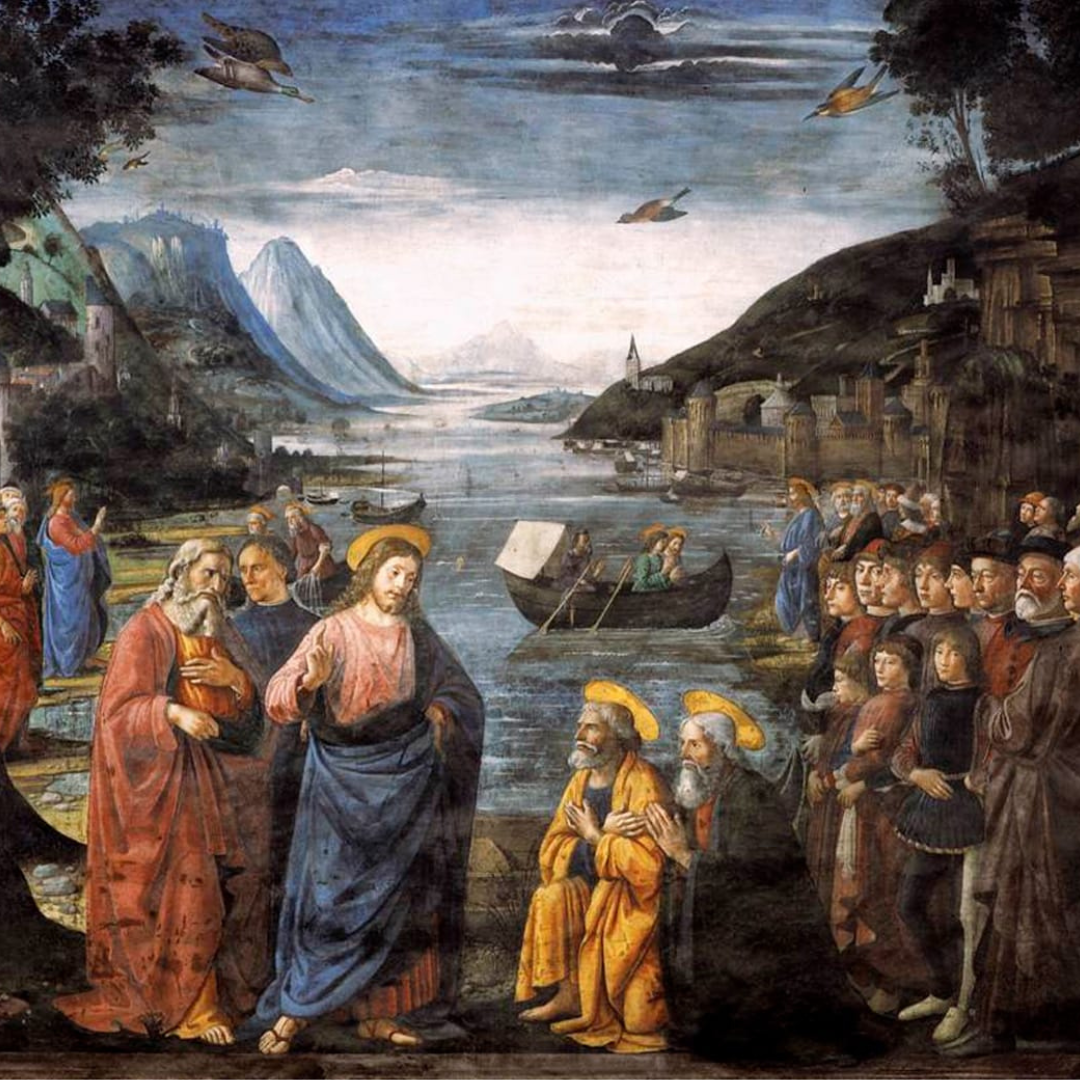There is a lot of talk about who could be considered the 13th apostle.
Although the Catholic Church has never conferred this title on any person, three important figures could occupy this position.
Some say Matthias took the position because he replaced Judas, others say that Mary Magdalene took the position because she was part of the group closest to Jesus. Some even claim that it was Paul, who the Resurrected Jesus called to announce him to the Gentiles.
Below are the three crucial figures in the Church's early spread of Christianity:
1. Matthias
According to the Acts of the Apostles, he was chosen as an apostle after the death and resurrection of Jesus to replace Judas Iscariot after his betrayal. He was not called to be close to the group by Jesus (who had already ascended to Heaven) but by the Holy Spirit through the 11 apostles.
After the death of Jesus, just a few days after the Ascension, Saint Peter, meeting with the Christian community in Jerusalem, explained that as predicted in the Scriptures, one of the Apostles had failed and that another was to replace him.
Two names were proposed: “Joseph, surnamed Barsabba, called Justus, and Matthias.” (Acts 1:23) A prayer was said to the Lord to reveal his will regarding the choice, and the decision was made by lot.
Why was it necessary to appoint someone to replace Judas? Tradition attests that it was necessary to complete the number 12 since Judas Iscariot had given up being an apostle.
It can also be said that he was not considered an apostle because Jesus did not directly choose him, but the community of the first Christians did. However, Scripture calls him an apostle.
2. Paul
He was born in the capital of the Roman province of Cilicia, today Turkey. At the end of his life, in a retrospective vision of his life and his mission, he will say of himself: “I have been appointed preacher, apostle and teacher.” (1 Timothy 1:11)
Paul has been called an apostle because although he was not part of the group of the 12, he was called by the Risen Jesus, who appeared to him on the road to Damascus.
Paul understood and experienced for himself this great truth: that human logic is not enough to explain the realities of grace.
God often seeks weak instruments so that it appears with clear evidence that the work is his.
That is why Saint Paul says of himself:
Last of all, as to one born abnormally, he appeared to me. For I am the least of the apostles, not fit to be called an apostle, because I persecuted the Church of God. (1 Cor. 15:8-9)
3. Mary Magdalene
"Magdalena" means "woman from Magdala," a city that identifies with the present-day Taricheai, north of Tiberias, near the Sea of Galilee. She was part of the apostolic group that accompanied Jesus during his public life and can therefore be considered an apostle.
Devotion to Saint Mary Magdalene is very old, as the Church has always especially venerated the evangelical figures closest to Jesus.
Her memorial on July 22 already existed before the 10th century in the East, but in the West, her cult did not spread until the 12th century. From the Counter-Reformation onwards, the cult of Mary Magdalene, the "forgiven sinner", gained even more strength.
According to the Holy Scriptures, the person chosen as the 13th apostle in the Acts of the Apostles was Saint Matthias, but both Saint Paul and Saint Mary Magdalene have been considered apostles in the Christian tradition due to their closeness to the Lord Jesus and the first apostolic community.
Then there are various women with roles of responsibility who gravitated in their different capacities around the figure of Jesus. The women who followed Jesus to assist him with their own means, some of whose names Luke has passed down to us, are an eloquent example: Mary of Magdala, Joanna, Susanna and "many others" (cf. Lk 8: 2-3).
The Gospels then tell us that the women, unlike the Twelve, did not abandon Jesus in the hour of his Passion (cf. Mt 27: 56, 61; Mk 15: 40). Among them, Mary Magdalene stands out in particular. Not only was she present at the Passion, but she was also the first witness and herald of the Risen One (cf. Jn 20: 1, 11-18).
It was precisely to Mary Magdalene that St Thomas Aquinas reserved the special title, "Apostle of the Apostles" (apostolorum apostola), dedicating to her this beautiful comment: "Just as a woman had announced the words of death to the first man, so also a woman was the first to announce to the Apostles the words of life" (Super Ioannem, ed. Cai, 2519).
- (Benedict XVI, General Audience, February 14, 2007).


